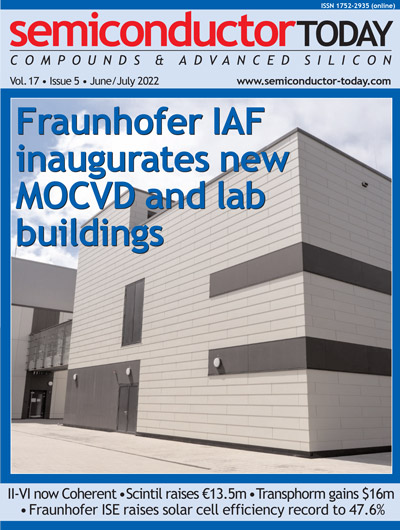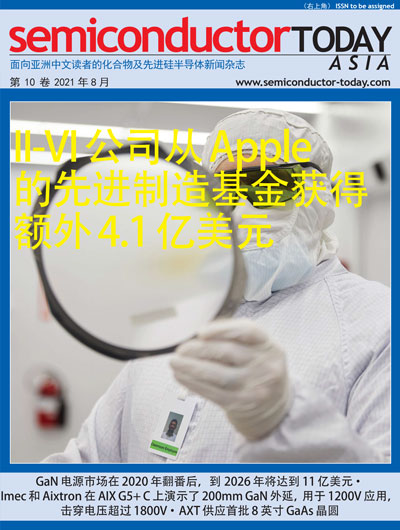- News
3 April 2013
OPEL appoints new directors
OPEL Technologies Inc of Toronto, Ontario, Canada – which develops III-V semiconductor devices and processes through US affiliate OPEL Defense Integrated Systems (ODIS Inc) of Storrs, CT – says that Dr Adam Chowaniec and Dr Geoff Taylor have been appointed to its board following an increase in the number of directors from 6 to 8.
Chowaniec was previously the founding CEO & chairman of Tundra Semiconductor (acquired by Integrated Device Technology), chairman of Zarlink (acquired by Microsemi), and chairman of Bel Air Networks (acquired by Ericsson). Previously, he was president & CEO of Calmos Systems, acquired by Newbridge Networks and renamed Newbridge Microsystems, where he served as president and as a vice president of Newbridge Networks. He has also served on the boards of SiberCore Technologies, Liquid Computing, Microbridge, GEAC and Amiga. He is currently on the board of Solantro Semiconductor. Chowaniec has an M.Sc. in Electrical Engineering from Queen’s University, as well as both a B.Sc. and a Ph.D. from the University of Sheffield. In 2010, he was recognized by the California Computer Museum as one of the founding fathers of the personal computer.
“His reputation and industry standing enhance the board’s strategy to magnify the value of OPEL’s semiconductor technology,” comments OPEL’s executive director Peter Copetti. “The board is also pleased to align itself with the vision of Dr Taylor, recognizing his role as the primary architect of our technology platform.”
Taylor is OPEL’s chief scientist and has led development of its Planar Optoelectronic Technology (POET) platform over the past two decades, directing a focused team at ODIS. His technical background includes 30 years of design and development experience in electronic and optical device physics, circuit design, optoelectronic technology, materials and applications. He is concurrently a professor of Electrical Engineering and Photonics at the University of Connecticut and is responsible for ODIS’ development efforts at the gallium arsenide (GaAs) growth and fabrication facility. With more than 150 papers in journals and dozens of patents, Taylor is an authority on GaAs solid-state physics and III-V opto-technology, and a pioneer in the development of monolithic integrated optoelectronic circuits, says OPEL.
Previously, Taylor was a Distinguished Member of the technical staff at AT&T Bell Labs, developing inversion channel technology for III-V materials. At Honeywell and Texas Instruments he helped to develop critical optical technology for the Jupiter Orbital Probe as well as the development of key circuits and devices for very-large-scale-integrated (VLSI) chips. Taylor has a Ph.D. in Electrical Engineering and an M.A.Sc. in Electrical Engineering from the University of Toronto and a B.Sc. in Electrical Engineering from Queen's University.
OPEL says that a core component of its forward strategy is to continue optimization of the POET platform, which enables monolithic fabrication of integrated circuit GaAs devices containing both electronic and optical elements on a single wafer.
POET enables increased speed, density, reliability, power efficiency, and much lower bill-of-materials and assembly costs, claims OPEL. POET can hence overcome the existing power and speed bottlenecks of silicon-based circuits, and could change the future development roadmaps of a broad range of semiconductor applications including mobile devices, computer servers, storage arrays, imaging equipment, networking equipment, transportation systems, and test & measurement instruments, the firm reckons.
Chowaniec and Taylor were each granted stock options to purchase 500,000 shares, at an exercise price of $0.51 per share (the closing trading price on the TSX Venture Exchange on 1 April), expiring on 2 April 2018. The options vest 25% immediately and 25% every six months thereafter, and are dependent on the approval of the amended Stock Option Plan by the TSX Venture Exchange (TSXV) and by OPEL’s shareholders at this year’s annual general meeting (AGM) on 21 June.



